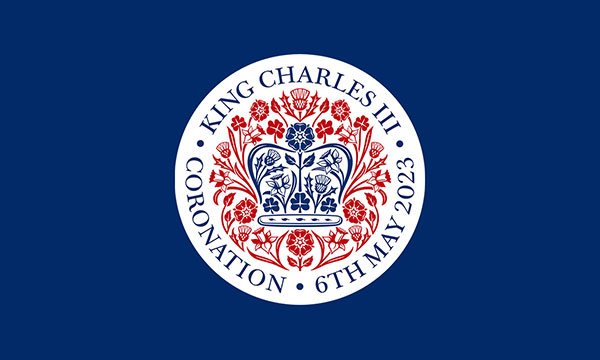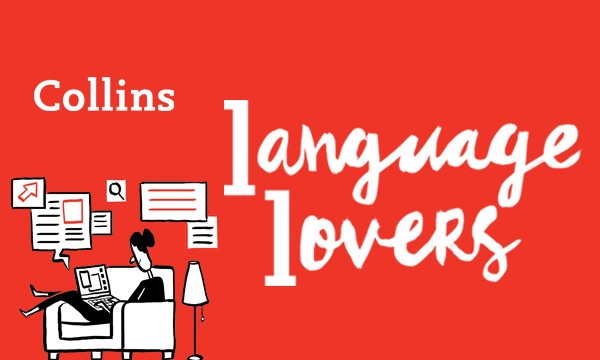On 6 May 2023 Charles Philip Arthur George Mountbatten-Windsor will be crowned King Charles III in a coronation ceremony dating back, if not to time immemorial, at least ten centuries.
Just to be absolutely clear, Charles is of course already King, for the Crown knows no break. When one monarch dies there is no gap in the continuity of the monarchy, no hiatus, no interregnum. As a noted eighteenth-century jurist observed: ‘The law ascribes to him [the King], in his political capacity, an absolute immortality. The king never dies … and … his heir … is eo instanti [instantly] king to all intents and purposes.’ For ‘King’, of course, read also ‘Queen.’
So why the coronation? Well, apart from the extra Bank Holiday and the general celebratory knees-up, it can be seen as a crucial rite of passage.
Although the institution of the coronation dates back centuries, in its contemporary form it goes back only to 1902, when King Edward VII, the current King’s great-great grandfather, was crowned. The whole works consists of:
- a state procession from Buckingham Palace to Westminster Abbey,
- another procession inside,
- the Recognition,
- the Coronation Oath,
- the Anointing,
which subdivides into the Investiture, the Crowning and the Enthronement
- the Homage,
- and finally another procession from the Abbey back to the Palace.
The Coronation Oath and holy oil
Two key aspects stand out for me. First, the Coronation Oath, in the words of which the monarch swears to govern the peoples of the United Kingdom and Commonwealth Realms ‘according to their respective laws and customs’. This is the only part of the ceremony which is a legal obligation.
After that, the monarch is anointed with holy oil by the senior Anglican cleric, the Archbishop of Canterbury, in an act called ‘unction’, which confers God’s blessing on the ruler. Anyone following the build-up to the coronation will have learned that the holy oil – also known as ‘chrism oil’ – has immense historical and spiritual significance. It consists of olive oil pressed from olive groves on the Mount of Olives, where, in Christian belief, Jesus prayed before his betrayal, perfumed and enriched with exotic ingredients including rose, jasmine, cinnamon and neroli oil. It was blessed in the Church of the Holy Sepulchre in Jerusalem. And this time round, in a break with tradition, it includes no animal substances and is therefore vegan-friendly.
The Archbishop will dip a finger in the oil and briefly touch the forehead, hand and chest of the King (and Queen). The British Crown is unique among monarchies in retaining this rite of unction, the significance of which echoes the divine right of kings.
In short, as the Parliamentary Research Briefing on the subject puts it, the coronation ‘combines not only religion but aspects of the UK’s uncodified constitution and a degree of theatre.’
What else will happen during the coronation?
Well, self-evidently, the king will be crowned in the section known as ‘the Crowning’. Or, as some American tourists I overheard when the King was in York earlier this year phrased it, ‘coronated’. ‘Full marks for a back-formation from a noun to a verb’ I thought, because the word sounded novel to my British ears, and I wrongly assumed it to be an off-the-cuff coinage. In fact, it’s quite normal in US English. It dates to the seventeenth century and looks like one of those many archaisms which crossed the pond long ago and then became current again. However, in the context of a British coronation, to crown is emphatically the correct verb.
Whatever the case, the series crown–corona–coronate-coronation is etymologically interesting.
The object that is the crown was known in Old English in the Latinate form corona, for instance at the coronation of William the Conqueror in 1066, the first held in Westminster Abbey. According to the Anglo-Saxon Chronicle, the Archbishop ‘would set the crown on his [William’s] head’ (wolde þa corona him on heafode settan).
Then the word crown was borrowed from Old French corone and variants in the twelfth century, based on the Latin corōna, ‘wreath, crown’, itself borrowed from Greek. Middle English dropped the first o in a linguistic process known as syncope.
Later, in a development that has affected many words, the Latin was reborrowed in its technical senses as corona, starting in the 1500s.
To coronate, as already mentioned, belongs to the 1600s and is first noted in one of the earliest English dictionaries, Cockeram’s 1623 The English dictionarie; or, An interpreter of hard English words. Coronation, like crown, came from Old French into English, this time in the late 1300s.
On another word lovers’ topic, it’s worth remarking that the use of Crown to refer to the institution of the monarchy is an everyday example of metonymy, the use of a part of a thing to stand for the whole thing itself, in the same way we speak of ‘the stage’ to refer to all the things connected with the theatre, acting, and so forth, or, indeed, of a ‘new pair of hands’ to refer to a person and their skills.
Reverting now to coronation ritual, just as at Queen Elizabeth II’s coronation, the ceremony of anointing will not be televised. It is, the Archbishop of Canterbury opined, a ‘private moment between a new King and the King of Kings’.
And finally in this post, where do the words describing this almost mystical event, anoint, chrism, unction and oil, come from? Regular readers of these posts will be unsurprised to discover the ‘usual suspects’, Old French, Latin and Greek, but with some surprising interlinks.
Well, anoint comes via Old French from the Latin inunguere, from in- + ung(u)ere, ‘to smear with oil, anoint’ and is thus linked to unction, which is from Latin unctiō, ‘an anointing’, also from ung(u)ere.
Chrism comes from Old English crisma, from Medieval Latin, from Greek khrisma, ‘unction’, from khriein, ‘to anoint’.
And finally oil, very appropriately in this instance given the holy oil’s origins on the Mount of Olives, is linked to olives: it came to English in the 1100s from Old French oile, from Latin oleum, ‘(olive) oil’, from olea, ‘olive tree’, from Greek elaia, ‘olive’.
God Save the King!
By Jeremy Butterfield
Jeremy Butterfield is the former Editor-in-Chief of Collins Dictionaries, and editor of the fourth, revised edition of Fowler’s Dictionary of Modern English Usage.
All opinions expressed on this blog are those of the individual writers, and do not necessarily reflect the opinions or policies of Collins, or its parent company, HarperCollins.



